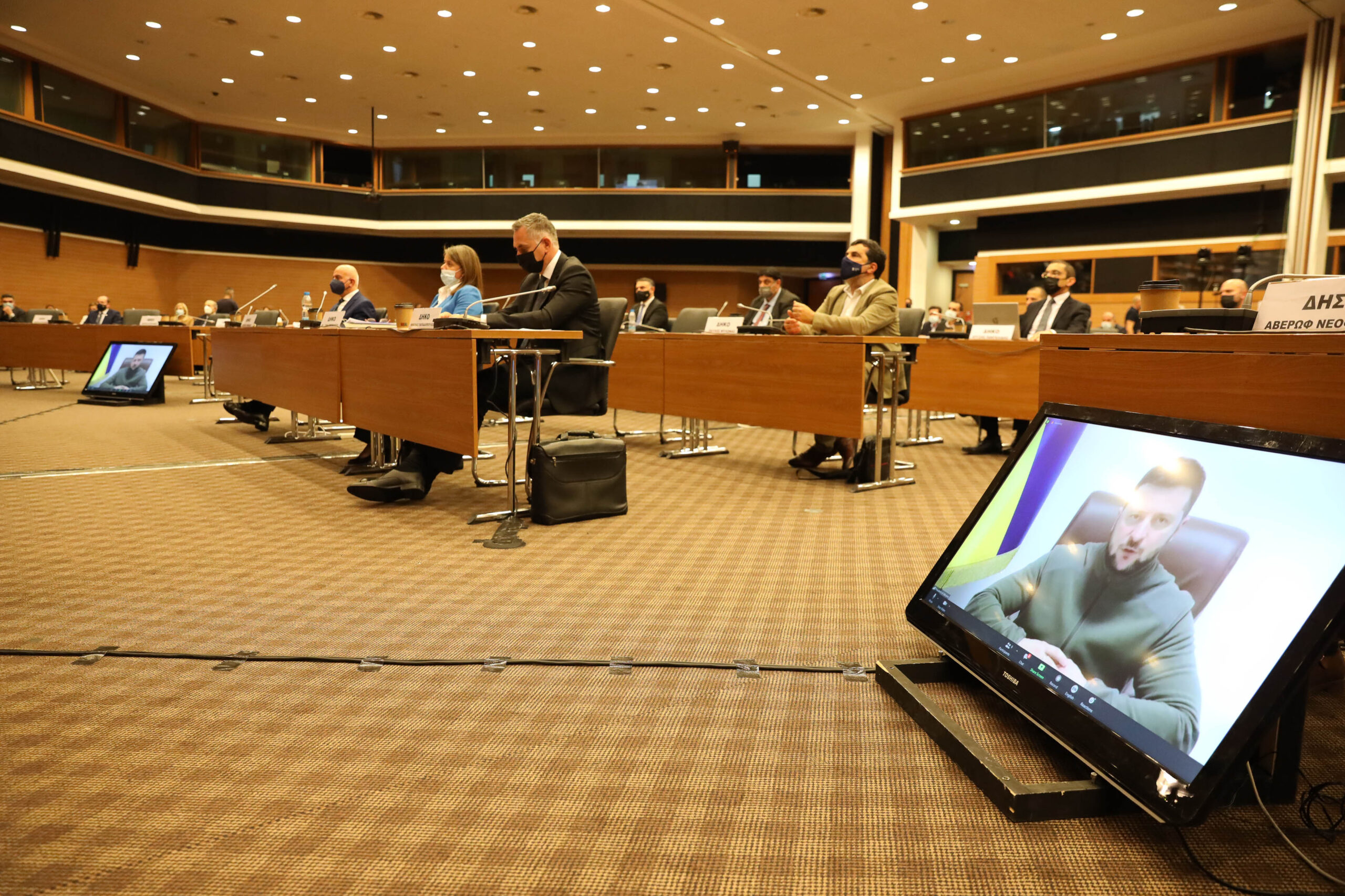A year ago, when we were still fretting about the scourge of COVID, we couldn’t have imagined that an act of aggression in Europe would disrupt our lives.
We were more concerned about social distancing, vaccines and face masks than another war that would trigger an energy crisis fueling the cost of living.
Cyprus’ economy had survived the ravages of COVID, only to be rocked by rising inflation stoked by supply chain bottlenecks as the world tried to ween itself off Russian energy.
As Russia bombed Ukraine, Cyprus waved goodbye to around 25% of its tourism market.
Fortunately, after three years of COVID restrictions, people were eager to get away to sunnier climes even if the uncertainty of war clouded the horizon.
With the pandemic on the wane, most restrictions were lifted as people began to gather and socialise again without having to carry a Safe Pass.
After nearly three years of isolation, our immune system was shielded from other viruses; now, our guard is down more people are affected by colds and flu.
Once again, the health system is under pressure from the outbreak where large indoor social gatherings pose a health risk.
Although COVID is on its last legs on the journey to becoming a seasonal illness, events in China have triggered alarm bells across Europe and elsewhere.
Beijing has abruptly abandoned its zero tolerance to COVID, deciding that its people must live with the virus as it changed the rules of engagement.
Entire cities are no longer in lockdown, restrictions have ended on domestic travel, and people who test positive can now isolate at home instead of in huge government facilities.
Testing is voluntary, and asymptomatic cases are no longer counted.
But its “living with COVID” policy is delivered behind the backdrop of poor vaccination coverage and not accepting mRNA vaccines, which are more effective than their own type.
It is estimated that only around 50% of the population have had a first booster jab (third shot).
Pretending COVID doesn’t exist can prove lethal, as in the UK.
China can’t make the disease disappear, with some estimates predicting 60% of the population – 10% of the global count – will contract COVID in the next three months.
With a low immunity wall, the expected death toll is unimaginable, although China isn’t counting, and if it is, it’s all on the one hand.
The health system is under severe strain and struggling to cope with the fallout.
China reports about 5,000 cases daily, but analysts believe it could be closer to a million.
Hospitals are overwhelmed, putting basic medicines in short supply.
What’s worrying the other countries is that China is allowing its nationals to travel abroad from January, and some are already rolling the shutters down.
The US has joined Italy, Japan, Taiwan and India in imposing mandatory tests, but Australia and UK said there were no new rules for travellers from China.
Scientists argue that China has the same COVID variant that has been around Europe since the summer; thus, it poses no imminent threat.
Nicosia is worried enough to hold an emergency meeting next week on the issue but will probably act according to Brussels’ guidelines.
It is unlikely to make a unilateral move like fellow EU member Italy unless there is no unified position from the Commission.
Ukraine
Just when we wanted COVID to sneak away quietly, it pulled us back into its fear-production universe.
COVID may not be the biggest thing that will happen in 2023, but it will keep our attention in the early months along with Ukraine’s suffering.
Russia is in for the hard slog, taking no prisoners and smashing everything it can reach with ballistic missiles.
It has waged relentless strikes on Ukraine’s critical life-saving infrastructure, leaving millions without electricity, water and heat.
It’s a bloody bombardment aimed at breaking the spirit of the Ukrainian people who have resisted overpowering odds.
Many argue that targeting civilian facilities to create unbearable suffering is a war crime
But Russia has shown this argument does not sway it.
It’s a ruthless war to eradicate Ukraine as a sovereign state, but when Ukrainians face extinction, their only option is to fight no matter how many missiles fall out of the sky.
History will not treat Russia kindly for its actions.
There is no telling what 2023 has reserved for us, but the future tends to surprise, disappoint and shock, all in good measure.









